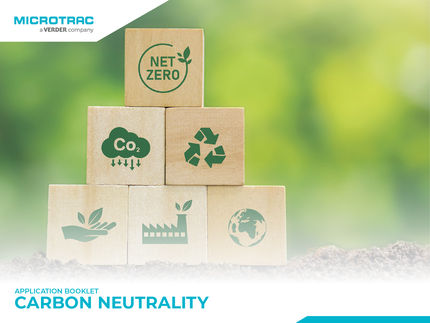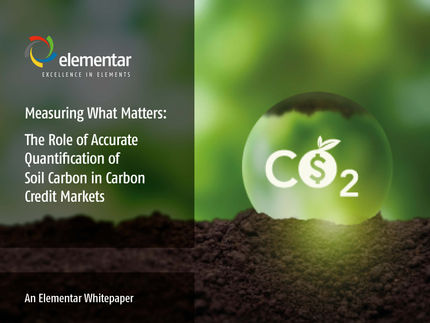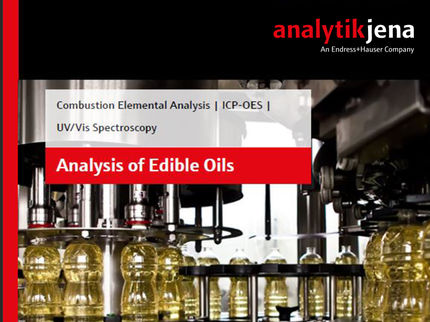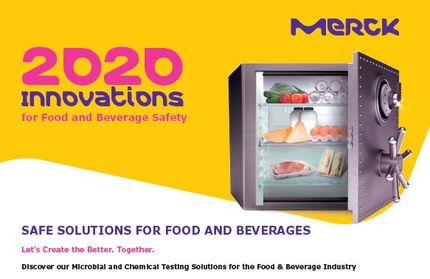Finding Fluorine: Discover the e-book now

Practical knowledge on sample preparation, methods, and challenges in fluorine determination
Fluorine is a key element in many everyday products. The element also plays an important role in industrial processes. Its unique chemical properties improve the performance and durability of countless materials. However, certain fluorinated compounds, particularly PFAS, have raised serious environmental and health concerns due to their longevity and toxicity.
This e-book provides you with in-depth knowledge of methods, sample preparation, and typical challenges in everyday laboratory work. You will receive practical support in the form of application notes for the detection of fluorine in environmental samples such as wastewater, surface water, or soil.
A special focus is placed on sum parameters such as EOF (extractable organic fluorine) and AOF (adsorbable organic fluorine). In contrast to traditional target analysis, which only detects known compounds, sum parameter analysis provides a more comprehensive view. The e-book provides insights into detection methods such as high-resolution continuum source molecular absorption spectrometry (HR-CS-MAS) and efficient sample preparation procedures for ion chromatography (IC) and other methods.
Download white paper now

Finding Fluorine: Discover the e-book now
Practical knowledge on sample preparation, methods, and challenges in fluorine determination
Advertisement
White Paper classification
White papers on related topics
Products on related topics
Manufacturers of similar products
See the theme worlds for related content
Topic World Sustainability in the laboratory
The main topic of sustainability in the laboratory highlights innovative approaches and technologies that reduce the ecological footprint in laboratories. These include energy-efficient equipment, resource-saving consumables, green chemistry, recycling initiatives and sustainable laboratory management solutions.

Topic World Sustainability in the laboratory
The main topic of sustainability in the laboratory highlights innovative approaches and technologies that reduce the ecological footprint in laboratories. These include energy-efficient equipment, resource-saving consumables, green chemistry, recycling initiatives and sustainable laboratory management solutions.






